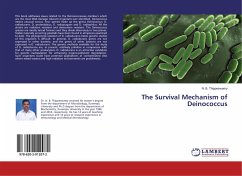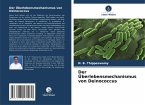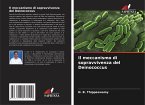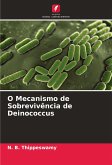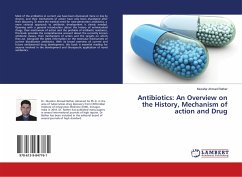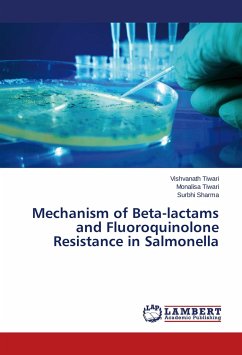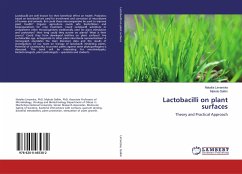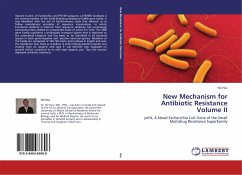This book addresses issues related to the Deinococcaceae members which are the most DNA damage tolerant organisms ever identified. Deinococcus means unusual coccus. Four species make up the genus Deinococcus: D. radiodurans, D. proteolyticus, D. radiopugans and D. radiophilus. All the strains are radiation resistant and desiccation resistant. The Deinococcus species are mostly tetrad formers and they divide alternately in two planes. Stable naturally occurring plasmids have been found in all species examined to date. The phylogenetic isolation of D. radiodurans makes genetic studies of this organism is difficult. In general, D. radiodurans genes are not expressed in other bacteria, and the genes of other bacteria are not expressed in D. radiodurans. The genetic methods available for the study of D. radiodurans are, at present, relatively primitive in comparison with that of many other prokaryotes. D. radiodurans is an attractive candidate for genetic manipulation for enhancing organo-pollutant degradation. Such organisms could have potential applications at contaminated sites where mixed wastes and high radiation environments are problematic.
Bitte wählen Sie Ihr Anliegen aus.
Rechnungen
Retourenschein anfordern
Bestellstatus
Storno

